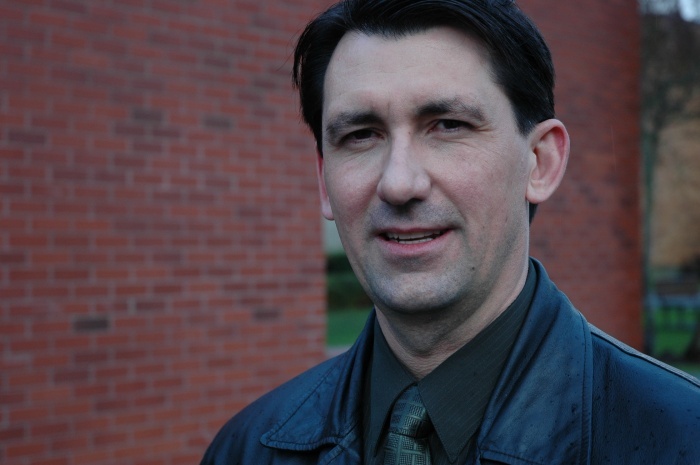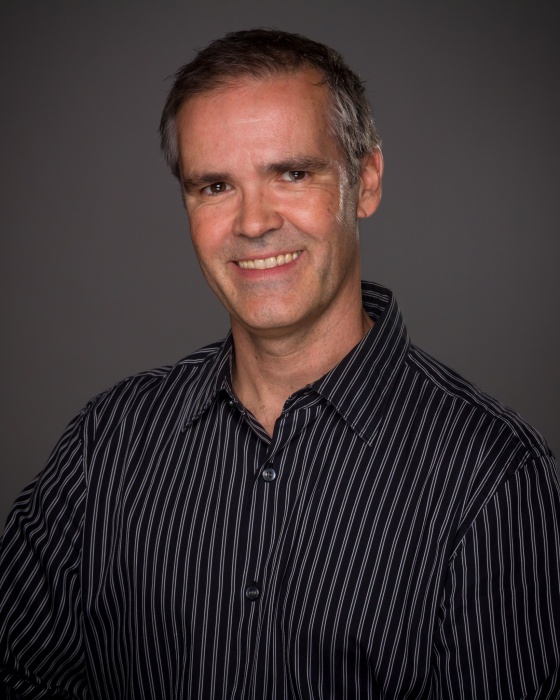A report released by Harvard University in June has stirred up some debate on the state of the humanities in education. The report focuses on the change in humanities majors enrollment at Harvard since the 1960s, a whopping 50 percent decline. Whether this is representative of other postsecondary institutions in North America is not really the issue. The real question is this: does it matter? And what does this have to say about our views of the value of humanities in education?
A closer look at the American data shows that humanities enrollment was at an all-time high in the 1960s, so using these numbers as a baseline is misleading in claiming that interest has declined. The impact of changing demographics also doesn’t necessarily mean there’s less interest in general. Canadian statistics show obvious changes over the last two decades.
More Canadians today have postsecondary qualifications than ever before: compare 64 percent of the population aged 25 to 64 in 2011, to not quite 40 percent of Canadians over 25 in 1991. Women have been a large part of the shifting demographics, as they branch out of “traditional” fields of study, such as education, nursing, and office administration, and into business, science, and trades. The top field today is “business, management, marketing, and related support services,” in which women hold the majority of degrees in Canada.
Here at Camosun, in the 2012-13 school year there was 3228 students enrolled in trades and technology, down slightly from 3373 in 2011-12. The school of arts and science had 4992 enrolled students, down from 5149 the previous year; humanities falls under arts and sciences at Camosun, but so does many other things, making a quick comparison difficult. Paula Young, chair of humanities at Camosun, says that while some areas of the humanities are experiencing a decline–like Canadian history–other areas, like philosophy, are seeing increasing numbers of students enrolling in them.
A fair trade?
It’s easy to put an immediate value on skills and career training. Government funding for postsecondary education is generally based on economic factors: the areas that need skilled workers are the areas of study that receive the incentives, such as grants for trades and healthcare.

Eric Sehn, Camosun’s dean of trades and technology, says the trades programs are closely tied to the job market.
“If there’s no money to launch large projects, then tradespeople aren’t coming to school, because of course to have apprentices they must have an employer in order to come to school,” says Sehn.
The BC government is focusing strongly on this kind of training. The current labour force isn’t meeting demands, due in part to the retiring baby boomers. Because of large projects such as the government shipbuilding strategy, Sehn says the demand for tradespeople is spiking as the supply of trained tradespeople goes down.
“So the push is on to try to get more and more people interested in the trades,” he says. “If you look at the language coming out of government, they have a list of very strong emphasis on skills and on trying to deal with that trades gap. We’ve got a new trades building coming at Camosun, which is very, very exciting for us.”
The applied programs have government backing because they fill obvious workplace needs. So how do we put dollar values on other skills that don’t produce immediate measurable results?
Economic analysis and comparison doesn’t work very well for valuing humanities programs. The nature of the courses is broad instead of focused, hence the term “liberal arts,” and it’s hard to measure strong critical thinking skills by generalized workplace earning potential.
The human advantage
Humanities traditionally study the human experience: language, history, philosophy, and the arts. But educators argue that the skills learned in these courses go beyond the subject matter.

Dominic Bergeron, dean of arts and sciences at Camosun, says humanities are “thought-process related, critical-thinking related, writing related, reflecting related.”
Bergeron also believes that the humanities definitely offer valuable skills in the workplace.
“You question potential employers, they all say that they need students that know how to think, that students need to apply critical thinking, students that know how to write, how to question, and all of that. Well, where does that come from? It comes from courses that will allow students to question,” says Bergeron, “and you find these courses in humanities.”
These are skills needed in any job. So why are people so biased against, for example, philosophy or history majors? One reason might be the transition into the workplace. Nobody wants to face that fear of being in debt and jobless right out of school.
An article from 2001 (“Liberal arts degrees and the labor market”) showed that younger humanities graduates were far more likely to be unemployed for a longer time after completing schooling than those in applied programs. The data showed, however, that once established, they tended towards less unemployment in the long term. After age 45, the initial trend was reversed, with applied program graduates seeing a rise in unemployment lengths.
It’s a narrow focus on career-only schooling that might have educators worried that students themselves aren’t placing enough value on humanities programs. The Harvard report offers a suggestion to “arrest and reverse the decline of concentrator numbers by focusing on freshmen.” This implies an assumption that student attitudes might be remedied with some better public relations, but is it necessary to focus on majors when many non-majoring students pick these courses as options and minors?
Tia Neal, a Camosun student taking prerequisites for the dental hygiene program, including humanities courses, feels that her English requirements will not be much of an asset in the field.
“I like the program because you know you’ll have a good career and it is pretty short,” she says. “I did not like having to take English, I don’t think it will help.”
Another student in the same program, Sarah Csumrik, partially agrees. Csumrik doesn’t think the dental hygiene’s humanities course requirement would necessarily help her career, but she has a different opinion of their value.
“I really like English and humanities courses,” she says. “I think they help you in life, you should be able to know how to voice your opinions and argue them, and write.”
A Camosun student of undecided major who is interested in the sciences, Cory Walker has fond memories of humanities classes in high school, but isn’t sure if they would fit his schedule or be needed in future studies.
“After Camosun I’m definitely going to UVic. I’m not sure what I’ll study, something in biochem or physiology, maybe clinical research,” says Walker. I’d like to get a job right when I’m done school. Isn’t that what everybody wants?”
Finding a balance
Camosun has set up a new diploma in Arts and Sciences to try to bring these disciplines together, especially for those students who don’t have yet have a career focus. The program allows students to choose their own courses and hopefully absorb as much as they can from different areas.
“How many students come here and know exactly what they want to do?” asks Bergeron. “The proportion of students is quite low. So they’re able to explore.”
With the options available to draw in students to a variety of courses, Bergeron hopes that they will see humanities courses as empowering, not limiting.
“Employers would like to have students knowing about A, B, C, and D, and have some competencies in different things,” he says. “That’s perfect. But there’s this ‘soft skills’ that comes into play that employers want, and it’s not so much about, ‘What do you know?’ It’s more about how to be. You cannot read that in a book.”
Ultimately, says Bergeron, society will always need the thinkers to go along with the creators and builders.
“You need people who know how to look at problems. Trades and other things will create problems we need solutions to, that we don’t have solutions to right now. We need the thinkers, we need the people who are behind that,” he says.
Sehn agrees, and asks an important question about the purpose of postsecondary education. “Is the purpose to create good citizens who have well-developed critical-thinking skills, problem-solving skills, and all those important things, or is it about training people to take on specific applied skills that the society needs at this time? And the answer to that question is yes, we need both of those things.”
